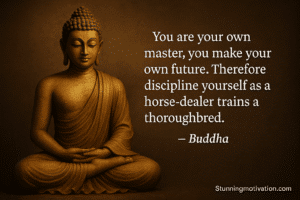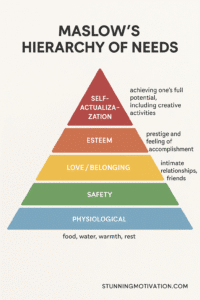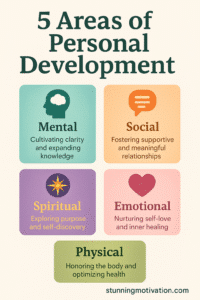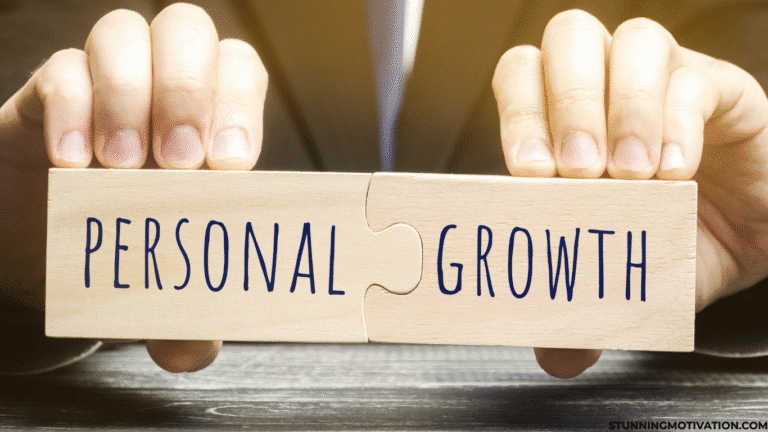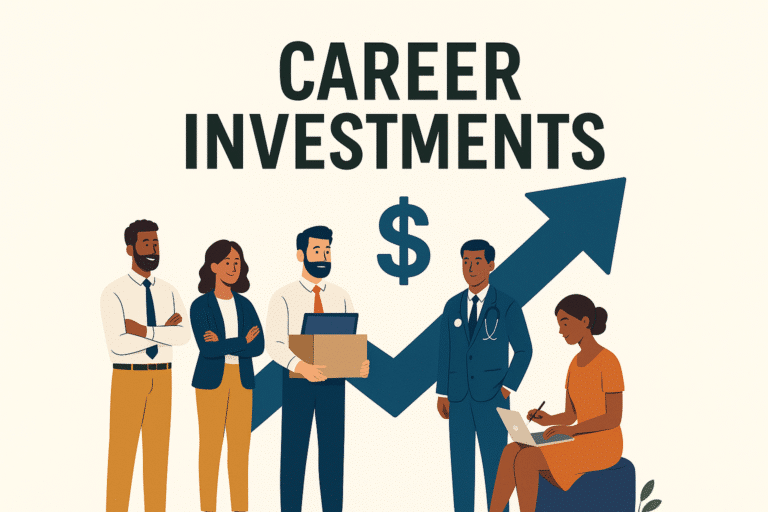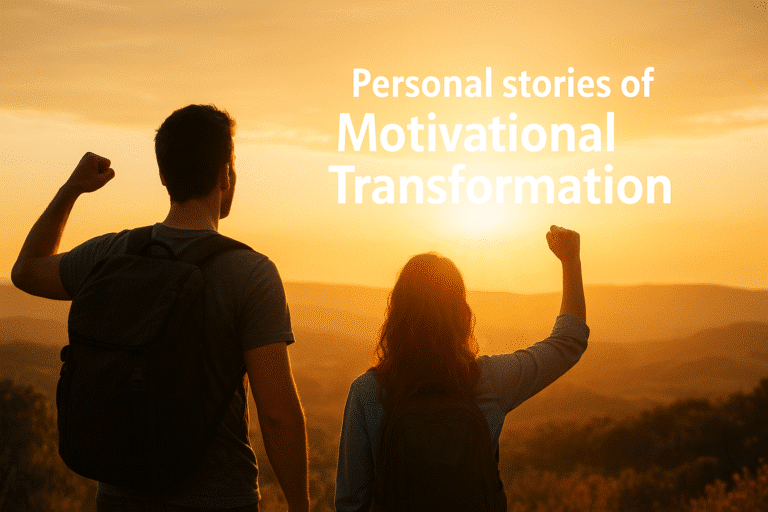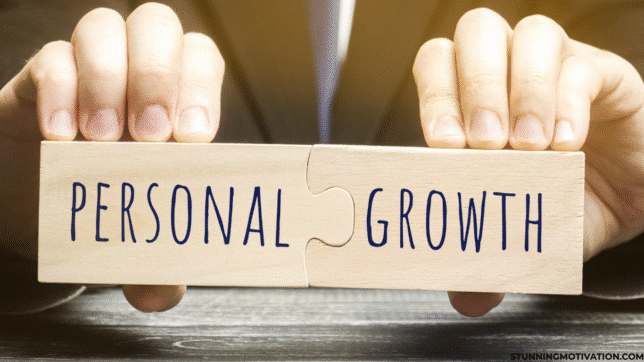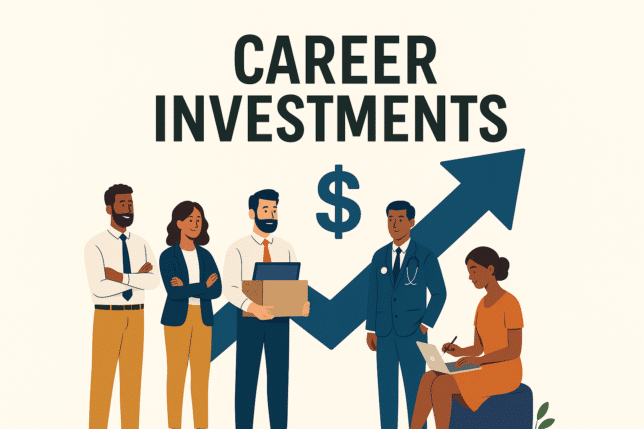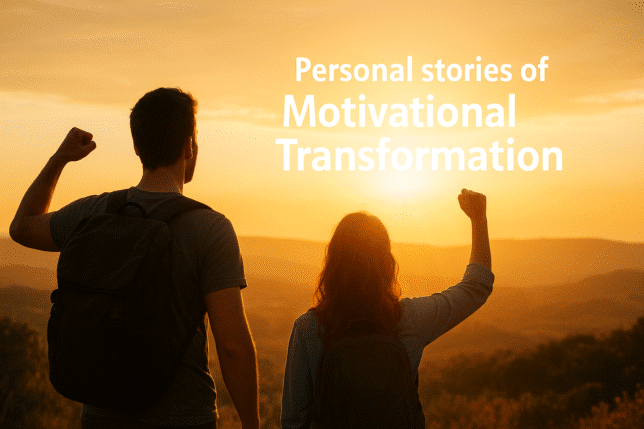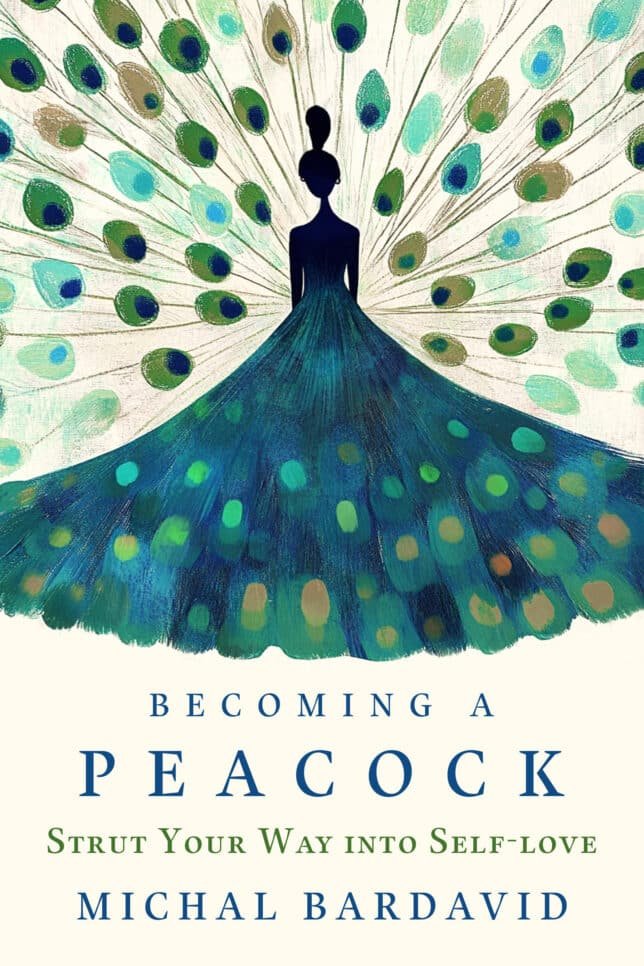Sometimes I catch myself wondering—am I truly living, or just going through the motions without any personal development guiding me?
You know those days when you wake up, follow your routine, check off tasks, and before you know it, it’s bedtime again? Nothing wrong, exactly, but something feels… missing. That quiet voice inside nudges you, hinting that you’re meant for more.
If that sounds familiar, you’re far from alone.
That feeling is where personal development begins—the process of growing, learning, and becoming the person you’ve always wanted to be, even if you don’t yet know exactly who that is.
For me, personal development wasn’t a sudden breakthrough. It was a slow, sometimes messy journey of small changes—trying new things, making mistakes, and discovering what truly matters.
From all of us at Stunning Motivation, consider this guide your personal roadmap—we’re here to help you move forward, one step at a time.
No fancy jargon, no pressure to be perfect—just honest advice and simple steps you can take to start feeling more in control, more confident, and more connected to your true self.
Because the truth is: you already have everything you need to grow. Sometimes, all it takes is a little direction and a willingness to take the first step towards the better personal growth and self improvement.
What Is Personal Development?
Personal development is the intentional process of improving your skills, mindset, habits, and emotional intelligence to live a more fulfilling and purpose-driven life.
It’s not about fixing what’s broken. It’s about becoming more of who you already are—but with clarity, direction, and growth.
Think of it as:
-
Investing in yourself.
-
Designing the life you want.
-
Becoming the person you admire.
According to the Cambridge Dictionary, personal development is “the process of improving your skills and increasing the amount of experience that you have in your job or in life.”
But in reality, it’s not limited to your career development or self improvement.
It’s a lifelong journey of self-awareness, growth, and becoming better in areas that truly matter—whether that’s your mindset, your relationships, your time management, or your confidence. It’s about unleashing your true potential, and achieving your goals.
It’s not about perfection. It’s about progress.
And the best part? You get to define what “better” looks like for you because every person is unique.
“You are your own master, you make your own future. Therefore discipline yourself as a horse-dealer trains a thoroughbred.” — Buddha
Why Personal Development Matters
Let’s be honest—life can feel overwhelming, fast-paced, and sometimes even directionless. It’s easy to get caught in routines, lose motivation, or feel like you’re not moving forward. That’s exactly why personal development matters.
It gives you a sense of purpose. It helps you grow, learn, and take back control of your life—on your own terms.
When you start investing in yourself, even in small ways, you begin to see big changes:
-
You think more clearly
-
You feel more confident
-
You handle challenges with more calm
-
You stop reacting to life—and start creating it
Ultimately, personal development is important because it helps you become the person you’re truly meant to be. Not overnight. Not perfectly. But intentionally, step by step.
Personal development is important because it helps you:
-
Stay motivated even when life gets hard.
-
Communicate better, in work and relationships.
-
Set goals that actually stick.
-
Build habits that support your long-term vision.
-
Feel more confident in who you are.
Success isn’t just about skills—it’s also about mindset. And the right mindset doesn’t come by accident. It’s cultivated.
And the best part? You don’t have to wait for a crisis or a major turning point to begin.
You can start right now—right where you are.
This journey of becoming your best self is something even psychologists have studied in depth. Abraham Maslow, a pioneer in human psychology, described this in his Hierarchy of Needs—a model that shows how we grow as people.
At the base are our basic needs—things like food, safety, and security. Once those are met, we naturally start to seek more: love, confidence, creativity, and ultimately, a deeper sense of purpose.
At the top of that pyramid is what Maslow called self-actualization—the process of fully realizing your potential and living a life that feels true to who you are.
And that’s exactly what personal development helps you do.
It gives you the tools to climb that pyramid—not by racing to the top, but by growing through each level, with purpose and intention.
Understanding Maslow’s Hierarchy of Needs helps us see personal development as a step-by-step journey. It’s not about jumping straight to the top—it’s about growing through each stage of life with intention.
In the next section, I’ll break down how this hierarchy connects directly to your personal growth journey—and how it can guide your focus moving forward.
Let’s start by looking at the 5 key areas of personal development, so you know exactly where to begin.
5 areas of personal development
Personal development isn’t just about setting goals and ticking boxes — it’s about becoming a fuller, more aligned version of yourself. Just like Maslow’s hierarchy teaches us to fulfill our needs from the ground up, these five core areas act as pillars that support lasting transformation. Let’s break them down.
Mental
Mental development is about training your mind like a muscle. It’s not just about reading more books or consuming content — it’s about sharpening your thinking, expanding your perspective, and learning how to process challenges without burning out. Whether you’re tackling a tough decision, taking up a new skill, or simply creating space to think clearly, mental growth builds inner strength. And sometimes, that strength comes not from doing more, but from allowing yourself time to pause and reflect.
Social
Who you surround yourself with has a deep impact on who you become. Social development is about learning how to build meaningful connections, not just networking or small talk. It’s developing the courage to listen deeply, speak honestly, and hold space for others — even when it’s uncomfortable. Real growth happens when we step out of isolation and into relationships that challenge us, support us, and reflect who we’re becoming.
Spiritual
Spiritual development isn’t reserved for temples or meditation cushions — it’s the quiet journey inward to ask: What truly matters to me? This area is about uncovering purpose, aligning with your values, and learning to trust something bigger than just daily hustle. Whether through mindfulness, time in nature, or personal rituals, spirituality brings grounding and meaning when life feels chaotic.
Emotional
Emotional growth means facing your inner world without flinching. It’s learning how to name what you feel, sit with discomfort, and respond instead of react. It’s also about learning to forgive, set boundaries, and heal the parts of yourself you used to avoid. Emotional development builds resilience — not the kind that makes you numb, but the kind that makes you stronger and softer at the same time.
Physical
Your body is your foundation. When it’s cared for, everything else becomes easier. Physical development is more than hitting the gym — it’s about honoring your body’s needs, whether that’s movement, nourishment, sleep, or simply rest. The way you treat your body reflects how much you value yourself. And when you feel good physically, you show up with more energy, clarity, and presence.
The Benefits of Personal Development
Personal development isn’t just a buzzword — it’s a lifelong investment that pays you back in every area of your life. When you actively work on yourself, you don’t just feel better — you start living better. Here’s how personal development can truly transform your life:
1. Greater Self-Awareness & Self-Esteem
The more you grow, the more you understand who you really are — your values, strengths, weaknesses, triggers, and desires. This awareness helps you make better choices and build a life that actually fits who you are.
2. More Confidence & Clarity
Working on yourself builds confidence from the inside out. It’s not about pretending to be someone you’re not — it’s about becoming comfortable in your own skin. You gain clarity on what matters to you, and that clarity becomes your compass.
3. Better Relationships
When you grow, the way you connect with others changes. You learn to set boundaries, communicate effectively, and attract healthier, more supportive relationships. Personal development helps you show up as your best self — and that benefits everyone around you.
4. Resilience in Tough Times
Life doesn’t get easier, but you get stronger. Personal growth equips you with the tools to navigate challenges, bounce back from setbacks, and handle stress without falling apart. It builds emotional muscles you can rely on.
5. Increased Motivation & Purpose
When you’re growing, you’re moving — and movement creates momentum. Personal development reignites your sense of purpose, making it easier to stay focused and take action, even when motivation dips.
6. Improved Mental & Physical Health
Investing in your personal growth often leads to better habits — like exercising, journaling, setting boundaries, or meditating. These practices don’t just support your goals; they support your health, energy, and emotional well-being.
7. A Life You’re Proud of
At the heart of it all, personal development helps you build a life you’re excited to wake up to. You stop living on autopilot and start creating a life that reflects your true potential.
The 5 Pillars of Personal Development
These core areas build the foundation of your growth:
1. Self-Awareness
Know your strengths. Acknowledge your flaws. Get honest with yourself. Self-awareness is the first step to change.
Try this:
-
Journal your thoughts daily.
-
Take personality assessments (like MBTI or Enneagram).
-
Ask for feedback from people you trust.
2. Goal-Setting
Clear goals give your growth a direction. Without them, you’re just reacting to life instead of designing it.
Try this:
-
Use the SMART framework (Specific, Measurable, Achievable, Relevant, Time-bound).
-
Break big goals into micro-steps.
-
Track progress weekly.
3. Emotional Intelligence
Your ability to manage emotions—yours and others’—affects everything from conflict resolution to leadership.
Try this:
-
Pause before reacting.
-
Practice empathy.
-
Learn to sit with discomfort.
4. Habits & Time Management
What you do every day shapes who you become.
Try this:
-
Create a morning routine (even 10 mins of clarity time).
-
Use time blocks to stay focused.
-
Eliminate 1 daily distraction.
5. Continuous Learning
Personal growth doesn’t stop at graduation. It’s lifelong.
Try this:
-
Read 1 book per month.
-
Take online courses.
-
Listen to podcasts on the go.
Examples of Personal Development Goals
-
Wake up an hour earlier to meditate or journal.
-
Improve your public speaking skills.
-
Learn a new language or skill.
-
Strengthen your self-confidence.
-
Set boundaries without guilt.
-
Practice gratitude daily.
Whether small or big, goals like these shift you from surviving to thriving.
FAQs
Q: What are the 7 areas of personal development?
A: Mental, emotional, physical, spiritual, social, financial, and professional growth.
Q: Is it ever too late to start?
A: Absolutely not. Growth is for every age, every stage.
Q: How long does it take to see results?
A: Some changes are instant (mindset shift); others take months. But every step forward matters.
Final Thoughts on Personal Development
Personal development isn’t a one-time project you check off a list. It’s a lifelong journey — unpredictable, deeply personal, and full of growth in the most unexpected places. Some days it’s exciting and full of breakthroughs. Other days, it feels slow, uncomfortable, or even frustrating. But every step, no matter how small, moves you closer to the person you’re becoming.
You don’t need to overhaul your entire life overnight. Growth doesn’t demand perfection — it asks for presence. Just start where you are.
Read a single page that challenges your thinking.
Set one goal that excites you, even if it scares you a little.
Say “no” when you mean it, and give yourself permission to rest when needed.
Over time, those small decisions compound. They shape your habits, shift your mindset, and rewire what you believe is possible for your life.
And here’s the truth: you are already enough, right now. Personal development isn’t about fixing what’s broken. It’s about uncovering what’s been there all along — your strength, your voice, your values, your purpose.
So give yourself the gift of growth. Not because you have to, but because you deserve to live a life that reflects who you really are.
Your journey won’t look like anyone else’s — and that’s exactly the point.
Keep moving. Keep learning. Keep becoming.
You’re worth the work.
Amit is a lifelong learner and advocate for personal growth, fueled by 15+ years in HR across various functions. His journey includes a dual Master's degree: an MBA specializing in HR and Information Technology, and another Masters dedicated to HR Management & career development. This blend of knowledge allows him to translate personal development strategies into actionable steps. Whether you're seeking career advancement or simply becoming your best self, Amit is here to share insights, tips, and inspiration to help you unlock your full potential.


